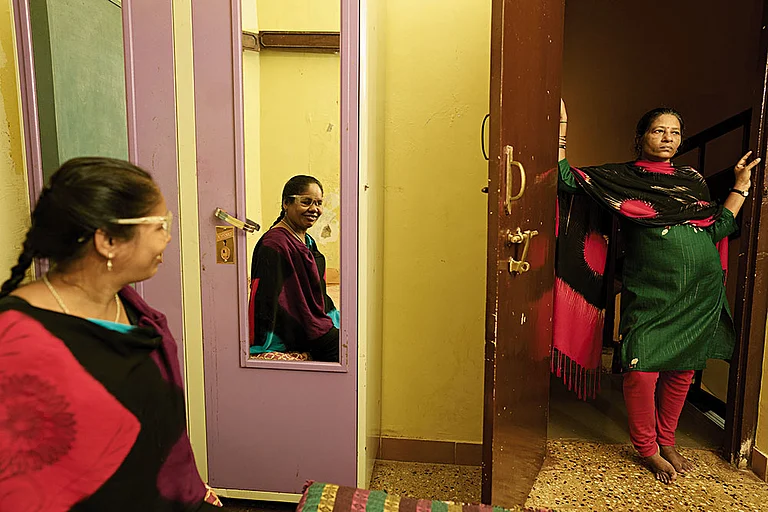'Girl therapy' and 'girl dinners', once seen as quirky, relatable coping mechanisms, have been commodified into aesthetic quick fixes. Psychologists caution against trivialising women’s mental health or romanticising disordered eating. Building community is fine, but the risk is of turning emotional distress into performative, consumable content.
With the evolution of internet culture, digital spaces have been saturated with tongue-in-cheek trends which often transcend their original forms. Take, for instance, wine glasses with sob-story captions, accompanied by the hashtag ‘Girl therapy’, or a bowl of ‘ice’ being eaten by a girl with the hashtag ‘Girl dinner’. A world of whimsical pastels is projected onto the billboard—quirky coping mechanisms that are aestheticised, commodified and widely shared as bite-sized content.
Do such trends democratise mental health discourse or dilute it? What happens when mental health becomes a punchline—and more importantly, who can afford the luxury of turning their mental health into a consumable narrative?

